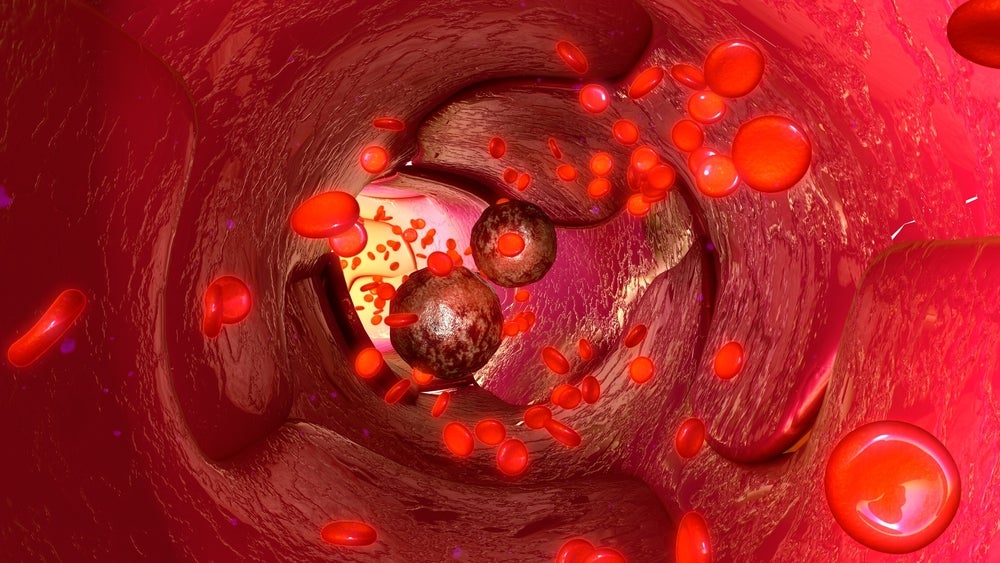
The US Food and Drug Administration (FDA) has granted ExThera an investigational device exception (IDE) for OncoBind, a device that removes circulating tumour cells (CTCs) in patients with pancreatic cancer.
The OncoBind procedure uses the California, US-based company’s Seraph technology, which can be used to remove pathogens such as Covid-19 from the bloodstream and has also proved adept at removing metastatic circulating tumour cells in in vitro models.

Discover B2B Marketing That Performs
Combine business intelligence and editorial excellence to reach engaged professionals across 36 leading media platforms.
Professor Peter Kuhn, who led one of the model studies at the University of Southern California, said: “Current thinking is that CTC removal from the bloodstream is important, because it could potentially interrupt metastasis, theoretically preventing a cancer from spreading in the body.”
The OncoBind blood filter works by mimicking the human receptors that CTCs and pathogens target for binding. As blood flows through the device, it passes over beads that express these receptors. CTCs are then captured and absorbed from the blood onto the surface of the beads. The devices use immobilised heparin for blood compatibility.
ExThera’s extracorporeal blood filtration devices are already in use in hospitals and clinics. Its CE-marked Seraph 100 device received FDA emergency use authorisation (EUA) to treat Covid-19.
“This is an important milestone for ExThera Medical and we are thrilled to be advancing the OncoBindTM procedure into a novel category of clinical development,” said Sanja ILIC, Chief Regulatory Officer for ExThera.

US Tariffs are shifting - will you react or anticipate?
Don’t let policy changes catch you off guard. Stay proactive with real-time data and expert analysis.
By GlobalData“We are eager to confirm our preclinical data in the clinic and expect to begin enrolling study patients in Fall of 2023. It is exciting to further demonstrate the potential of ExThera’s products for use in removal of CTCs.”





